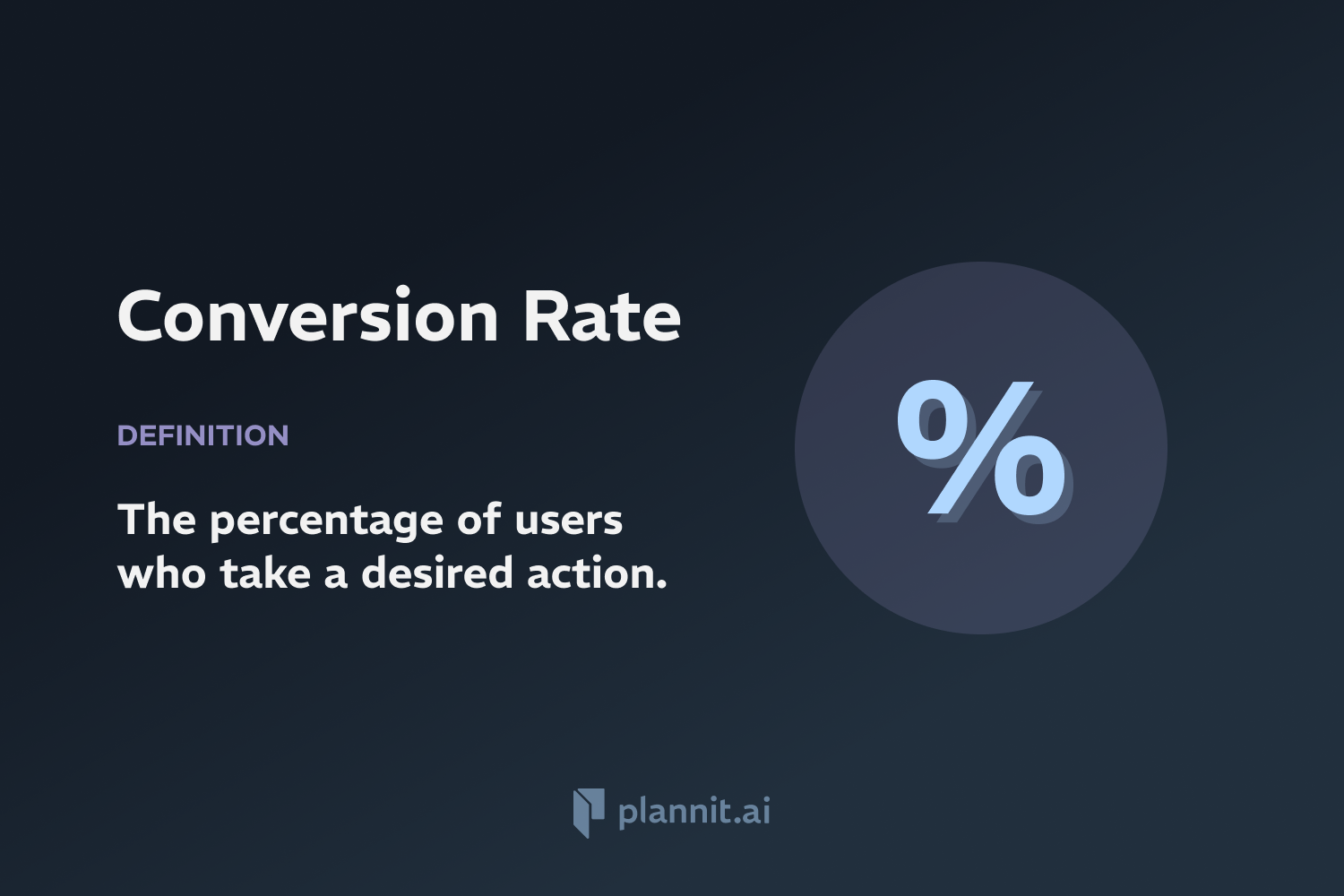Need Help With Your Business Plan?
Answer tailored questions and get a detailed business plan in minutes.
Monopoly: Definition & In-Depth Explanation
Definition:
Monopoly refers to a market structure where a single company or entity exclusively supplies a particular product or service, controlling the entire supply of that product or service, and thereby dictating the terms and conditions to customers. Monopolies can result from various factors including ownership of key resources, government regulations, or significant market share due to successful competition.
Context of Use:
Monopolies are studied in economics to understand the effects of market structures on consumer choices, pricing, and innovation. They are important in regulatory contexts where governments may intervene to prevent monopolistic practices that can harm consumers and the economy.
Purpose:
The purpose of studying monopolies is to assess how the absence of competition in a market affects pricing, supply, and the quality of goods and services. In some cases, monopolies can lead to efficient outcomes, especially when high initial costs or technical reasons justify a single provider. However, unchecked monopolies may lead to higher prices, lower quality, and less innovation due to lack of competition.
Example:
Utility Companies: Many utility companies are natural monopolies because the infrastructure costs of setting up and maintaining the utility service are very high. It makes economic sense to have a single provider of electricity or water in a region.
Related Terms:
Oligopoly: A market structure in which a market or industry is dominated by a small number of sellers (oligopolists).
Antitrust Laws: Regulations that encourage competition by limiting the market power of any particular firm.
Barriers to Entry: Economic terms for the existence of high startup costs or other obstacles that prevent new competitors from easily entering an industry or area of business.
FAQs:
1. How does a monopoly impact consumer prices?
A: Typically, monopolies can lead to higher prices than in competitive markets because the sole provider has control over prices without competition to drive them down.
2. What are the main causes of monopolies?
A: Monopolies can be caused by factors such as control of a scarce resource, government regulation granting exclusive rights, patents, and successful business strategies that eliminate competitors.
3. Can monopolies ever be beneficial?
A: Yes, monopolies can be beneficial in situations where high initial investment and continuous operation costs justify a single provider, such as in public utilities. These are often regulated by the government to prevent price gouging.
4. What legal measures are in place to control monopolies?
A: Many countries have antitrust laws designed to prevent monopolistic behavior and promote competition, such as the Sherman Act in the United States.
5. How do monopolies affect innovation?
A: While monopolies have less incentive to innovate due to lack of competition, some monopolistic companies may invest in innovation to maintain their market position and profit levels.
Get funding with a business plan that will impress investors.
Starting a New Business?



